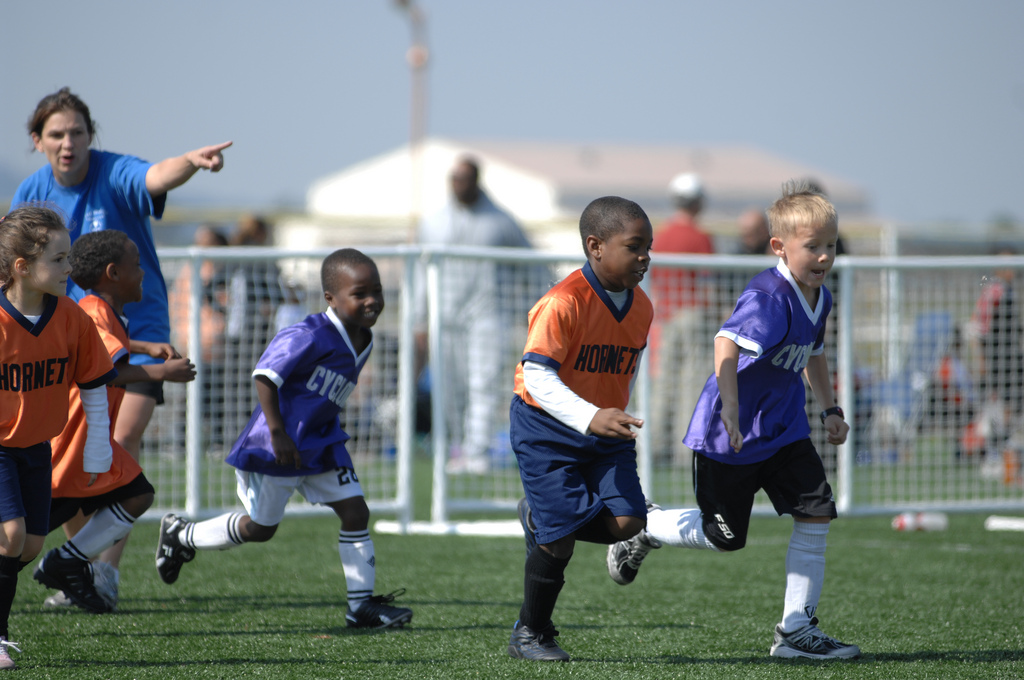 Psychology
Psychology
Short bursts of exercise improve brain function
Mens sana in corpore sano - this old latin way of saying correlates physical health (corpore sano) with mental activity (mens sana). But how can we cope with these guidelines in our hectic ways of living? Well, 10 minutes a day might be all that you need.

We have known for a long time that sustained physical exercise, performed at moderate intensity, has a positive impact on the brain. Beyond brain health, exercise also improves cognitive abilities - people who exercise regularly have better memory, attention, or even intelligence, on average.
A trend of research in exercise physiology has suggested that short but intense workouts can represent a valid alternative to longer training sessions. In sports training, this translates into shorter practice sessions, allowing more frequent, and potentially less traumatizing, workouts. Olympic athletes have been harnessing the power of this type of training for a few years already, with impressive results. Known as high-intensity training (HIT), this form of exercise is structured around a succession of intense sessions - typically no longer than 20-30 seconds - and interleaved rest periods. In the lab, researchers have observed that this type of training elicits physiological improvements such as reductions in resting heart rate, blood pressure, and a more effective regulation of glucose levels in the blood. Until now, however, the impact of this type of training on the brain, and more specifically on our cognitive abilities, was unknown.
Our recent study, published in the journal eLife on August 22, provides the beginning of an answer. In a randomized, controlled trial, we show that as little as 10 minutes of high-intensity exercise per day, over a period of six weeks, substantially boosts cognitive function in children. Specifically, we looked at cognitive control and working memory, two critical abilities in school and everyday life. Cognitive control refers to our ability to maintain attention on a given task; for example, staying focused on a particular math problem in the face of classroom distractions. Working memory is related to the amount of information we can manipulate in our minds at a given point in time - essential, for instance, when students need to remember teacher's instructions while taking an exam.
In our study, the group who exercised for six weeks showed greater improvements in both domains than the control group, who took part in non-exercise activities for the same amount of time. Importantly, there was no difference between groups regarding enjoyment - everybody appreciated the intervention to a similar extent. In addition to cognitive improvements, we also found the kind of physiological improvements that typically follow exercise interventions, such as a decrease in resting heart rate, denoting improved health. In other words, brains and bodies improved together, for healthier, sharper children.
These results are promising, as they provide potential alternatives to more conventional forms of physical exercise. This line of work also has interesting applications in schools, which often face time constraints to schedule regular physical activity, or to busy individuals who cannot spare the time or cannot find the motivation for longer exercise sessions.
Of course, it is also important to keep in mind that despite greatly benefiting brain health and brain function, physical exercise is not a magic bullet. In some instances, when core neurological deficits or disorders exist, other forms of interventions, more targeted and personalized, may be warranted. Even so, exercise has the advantage of being a powerful and far-reaching way to enhance cognitive function, easy to implement, and inexpensive. Now, we are finding out that it also needs not be time-consuming - as little as 10 minutes of physical exercise per day can have a significant impact on the body and the brain.
Original Article:
Moreau D, Kirk I, Waldie K. High-intensity training enhances executive function in children in a randomized, placebo-controlled trial. eLife. 2017;6. doi:10.7554/elife.25062.Next read: How nanosized shrapnel from exploding fungal cells may impact us: from allergies to cloud formation by Michael J. Lawler
Edited by:
Massimo Caine , Founder and Director
We thought you might like
“Who is really, really smart?” Early differences in boys’ and girls’ assumptions about intelligence
Apr 6, 2017 in Psychology | 3 min read by Lin BianChildren Prefer the Real Thing to Pretending
Mar 1, 2018 in Psychology | 3 min read by Angeline Lillard , Jessica TaggartCollateral damage: antibiotics disrupt the balance in the gut
Jun 2, 2016 in Microbiology | 3.5 min read by Katri KorpelaInvisible allies for healthy juvenile growth
Oct 12, 2016 in Microbiology | 4 min read by Martin SchwarzerMore from Psychology
Sharing a political ideology predicts more similar brain activity
Sep 1, 2023 in Psychology | 3.5 min read by Daantje de Bruin , Oriel FeldmanHallHow do people see, simplify, and solve problems?
Aug 25, 2023 in Psychology | 3.5 min read by Mark HoWomen are human too, but not according to the internet
Jul 21, 2023 in Psychology | 4 min read by April BaileyDeaf to arguments? How conspiracy beliefs shape opposition to wind farms
Jun 12, 2023 in Psychology | 3 min read by Kevin WinterCan Training Make Policing Fairer and More Effective?
May 22, 2023 in Psychology | 3 min read by David Weisburd , Cody TelepEditor's picks
Trending now
Popular topics


